There are two universal truths in today’s rapidly changing comics industry. The first is that Dog Man is the defining comic of our era. The second is that more people are reading manga and Webtoons (aka vertical scroll comics) than ever before. Therefore we at Comics Beat have chosen to embark on a new venture: Beat’s Bizarre Adventure. Every week, three writers will recommend some of their favorite books and series from Japan, Korea and elsewhere. This week we have ghost team-ups, multiverse shenanigans, and of course…ZAWA…ZAWA…
GOGOGOGO-GO-GHOST!
Writer/Artist: Miyako Hiruzuka
Translator: Minna Lin
Lettering: Alexis Eckerman
Publisher: Yen Press
Ushiro Akechi’s existence is such that life doesn’t even give her lemons so she can enjoy a nice, cold glass of lemonade when the weather gets hot. The job she secured at a big-shot company should’ve been her lucky break. But she’s fired after an office affair and has to work at a third-rate one instead. Health problems on one hand, money and temp work on the other, she’s drinking her sorrows away. She’s supposed to be at home alone, so why does she suddenly feel like he’s in heaven? Whose arms are holding her gently? Is that you, God?
When I saw the cover of this book, I thought, ” this cover looks so cool! I wonder who the artist is.” moments. The art style of Miyako Hiruzuka didn’t feel familiar. So I was surprised to find out that they created one of my all-time favorite Boys Love manga, Alpha Squadron Al-Ranger, under the pen name Hiraduka Town! I needed no further convincing to get my hands on the first volume of GOGOGOGO-GO-GHOST!
Ushiro’s body is on the brink of death after falling and hitting her head. The gentle embrace she feels is not from God, but from her guardian spirit Masako. While Ushiro thinks she’s better off dead, Masako refuses to take what Ushiro’s ex has done lying down. The two of them form an alliance to “make diamond dust come out of one of his family jewels”, to quote the lovely spirit. Once Ushiro comes back to life, they go around putting harmless but annoying curses on people who do the wrong things or who aggravate Ushiro.
The first volume of GOGOGOGO-GO-GHOST! is episodic and fun. Masako takes the form of a trans woman, and I love how spunky and sinister she is. There are also hints throughout that there might be more to her spiritual power, and Ushiro picks up on it too. The series has 5 volumes in total, so perhaps we’ll learn Masako’s backstory from when she was alive. I’d like to know more about her! She pairs well with Ushiro, who is often passive even when she’d really like to give others a piece of her mind.
My expectations were already somewhat high before going in, and I still enjoyed GOGOGOGO-GO-GHOST! a lot. The second volume will be out on November 26th, so there is no better time to vibe with our curse-loving duo. — Merve Giray
Thunder 3
Writer/Artist: Yuki Ikeda
Translator: Cat Anderson
Editor: Daniel Joseph
Production: Grace Yu, Pei Ann Yeap , Lorina Mapa
Proofreading: Kevin Luo
Publisher: Kodansha
Multiverse stories right now are both everywhere in fiction and seemingly overdone. Perhaps they’re so in style because we want an escape from the world around us. Why stay here when there are endless new and potentially better worlds to visit? But endless possibilities have limited storytelling potential for so many. How many invasions and incursions from alternate dimensions can there possibly be?
While Thunder 3 by Yuki Ikeda is another multiverse story, there are enough fresh ideas visually and narratively that the story doesn’t seem tired. Three school kids, referred to as The Small Three, go to another universe only for one of them to lose their little sister there. So begins a quest to find her in this strange new world.
Ikeda takes a fascinating visual approach. The book is initially drawn like a gag manga. The characters look simple with exaggerated features. Ikeda oversimplifies the lines and visual depictions of everything in The Small Three’s homeworld. The environments and people of the other world, though, are more realistic. Imagine if Osamu Tezuka drew the lead characters while Hiroya Oku drew everything else. That’s the visual style used for Thunder 3. [Editor’s note: Intrepid readers of Beat’s Bizarre Adventure may recognize Oku’s name from the previously featured comic GANTZ!]
That spirit of playfulness lies in every aspect of the series. There’s no wormholes and convenient scientific devices to bridge worlds. The boys simply enter by crawling through their TV like in other children’s stories. The gate only stays open when someone watches the disc. Physics works differently there; the boys describe the world as if it was made of Styrofoam and cookie dough. When the sister is attacked with lasers, she swats them off as if nothing happened. There are also ten foot tall anthropomorphic aliens walking around. It’s a strange world that Ikeda keeps strange.
So far there’s only one volume of Thunder 3 out in North America. For anyone buying a physical copy, it’s one of the most distinct books on the shelf right now. The front cover looks like a movie poster and the back cover is covered in distinctive two color panels. The design suits its unique take on parallel universes and science fiction. Hopefully this adventurous book finds its way into the hands of adventurous readers. — D. Morris
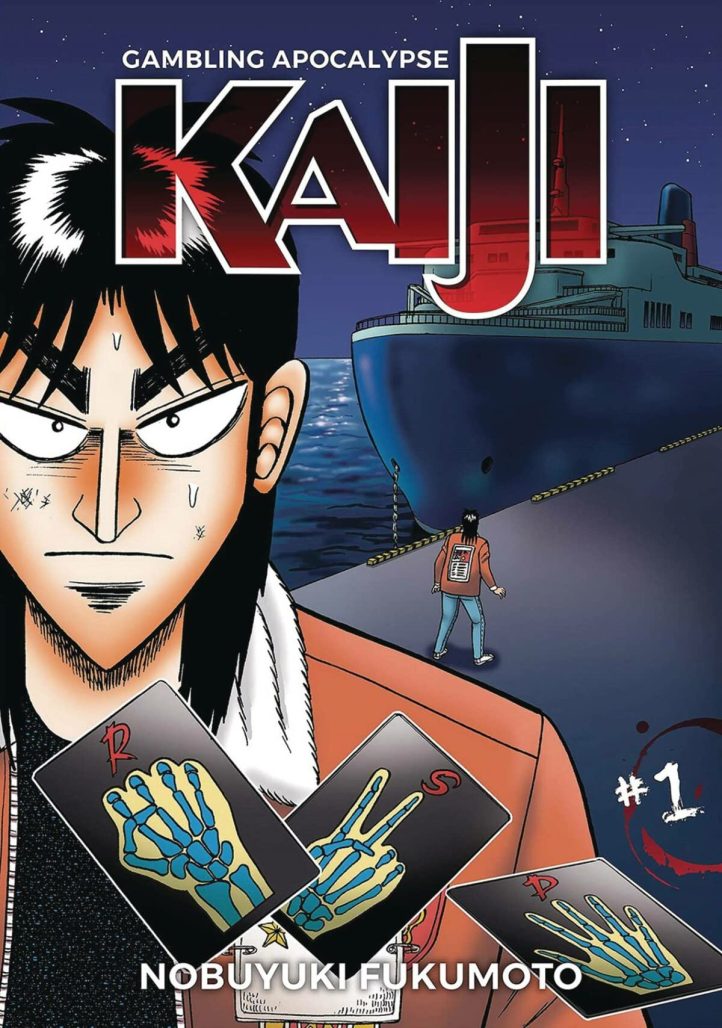 Version 1.0.0
Version 1.0.0Gambling Apocalypse: KAIJI
Writer/Artist: Nobuyuki Fukumoto
Translator: Denpa, Highstone, Inc.
Lettering: Laura Kolvalcin
Publisher: Denpa
Kaiji is a loser. He’s never held a good job in his life. His friends stick him with unpaid debt and he never expects it. That’s why the rich and powerful tap him to play their absurd games: rock paper scissors tournaments, steel beam races and the world’s most ornery pachinko machine. They know that he badly needs the money. The thing is, though, that Kaiji is a gambler’s gambler. He can’t help but waste his opportunities and make terrible unforced errors. But when the stakes are high and his back is against the wall, Kaiji will make the impossible possible. ZAWA…ZAWA…
Noboyuki Fukumoto draws propulsive thrillers about men enduring great psychological stress in tight situations. His comics have sold millions of copies and that’s despite the fact that he draws people who look like angry triangles. KAIJI is Fukumoto’s most popular series and the only one officially published in English. If not for Ed Chavez, the hard-working president of small manga publisher Denpa, it might never have been published in English at all.
Every gambling or death game series you’ve read or watched has either ripped off KAIJI or ripped off another series that ripped off KAIJI. So what makes this comic so great? I’d say that Kaiji himself is the secret sauce. He’s a genius under pressure, but only under pressure–once he becomes overconfident, it all inevitably slips through his fingers. Kaiji’s mistakes spur him to even greater feats of gambling genius but only enmesh him further in the grinding gears of systemic cruelty. A story-generating perpetual motion machine.
It’s also worth mentioning that KAIJI takes place in the fallout of Japan’s 1980s economic bubble. Kaiji is a young man who slipped through the cracks, while his enemies are incredibly wealthy older men who torture economic victims for fun because they believe that they deserve their success. Is Kaiji’s perpetual loserdom proof that he deserves everything that’s coming to him? Or are Japan’s economic elite the real villains here? Gambling Apocalypse: KAIJI will make you ponder these questions, but mainly it’s just a lot of fun to read. — Adam Wescott
Follow Beat’s Bizarre Adventure to get weekly manga and webtoon recommendations!


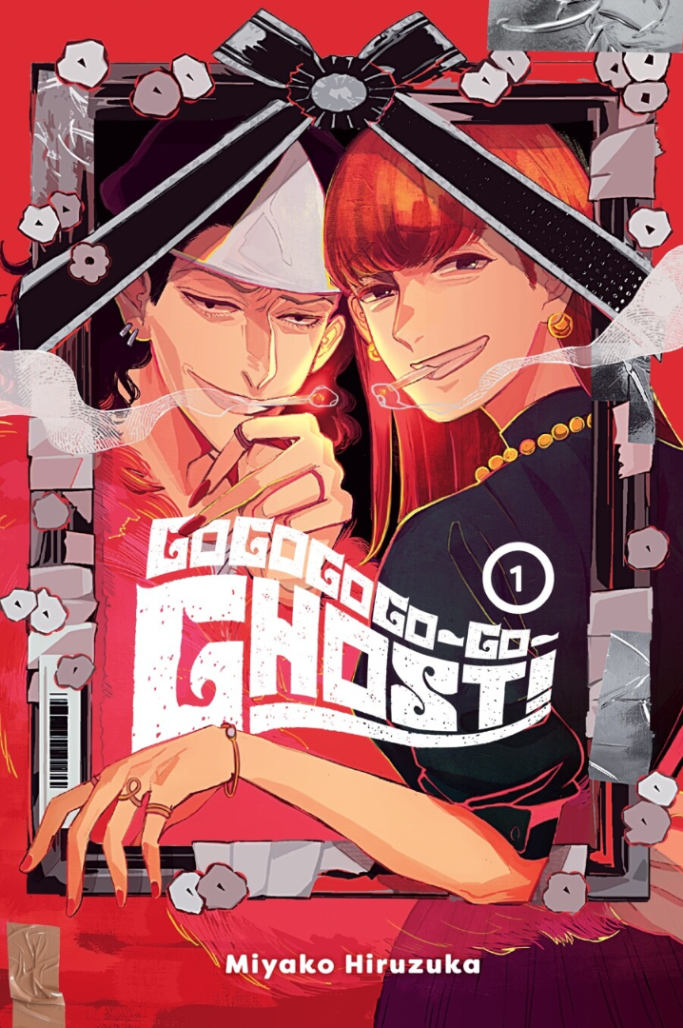
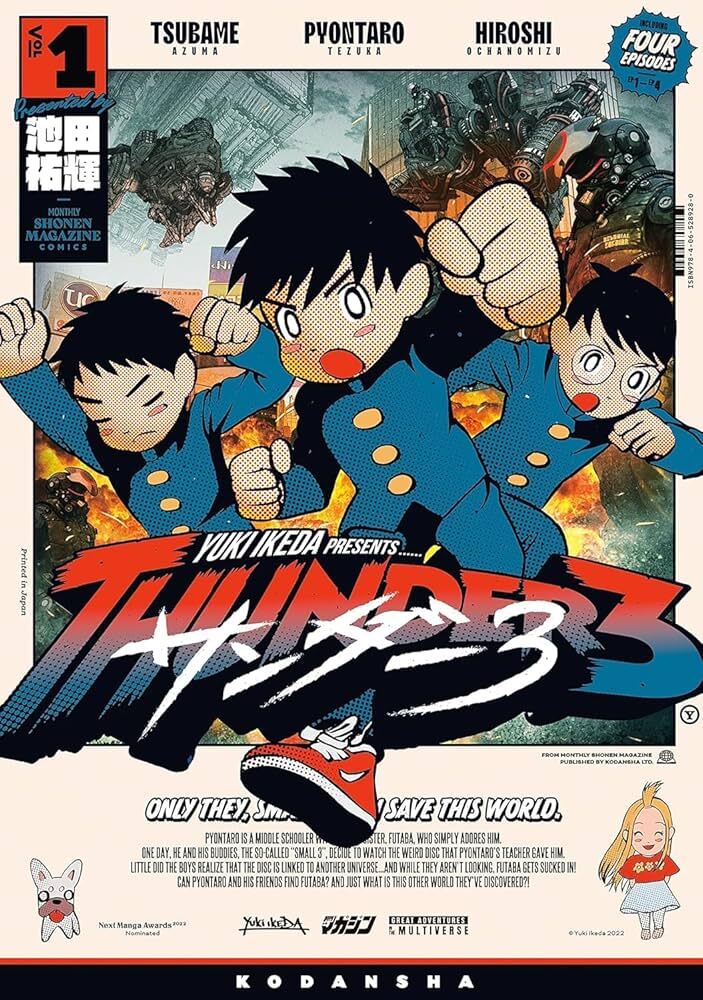





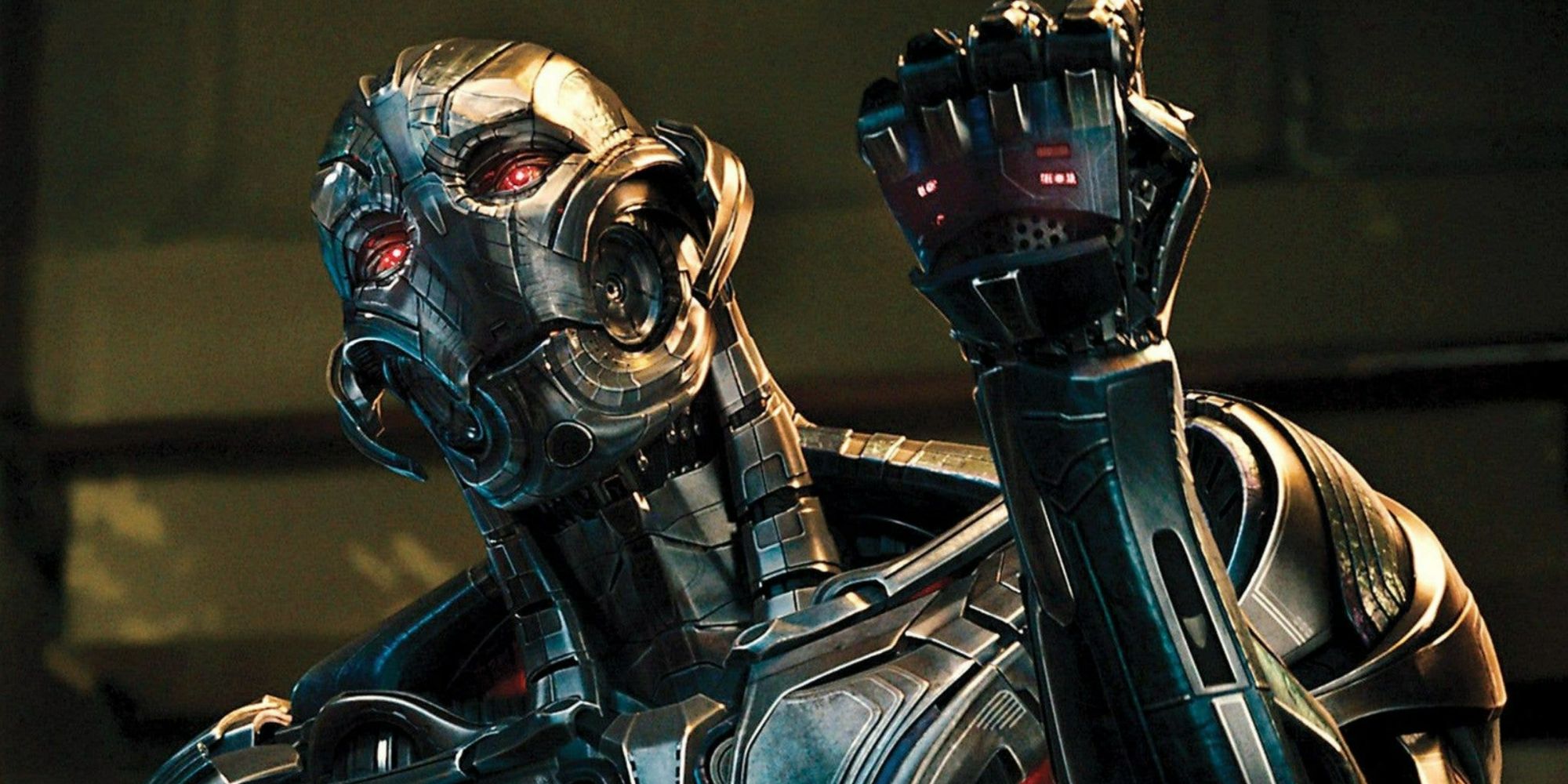
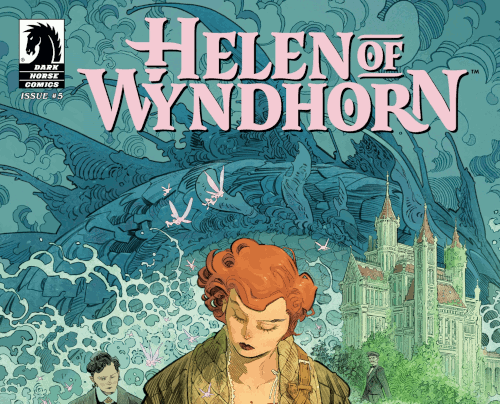










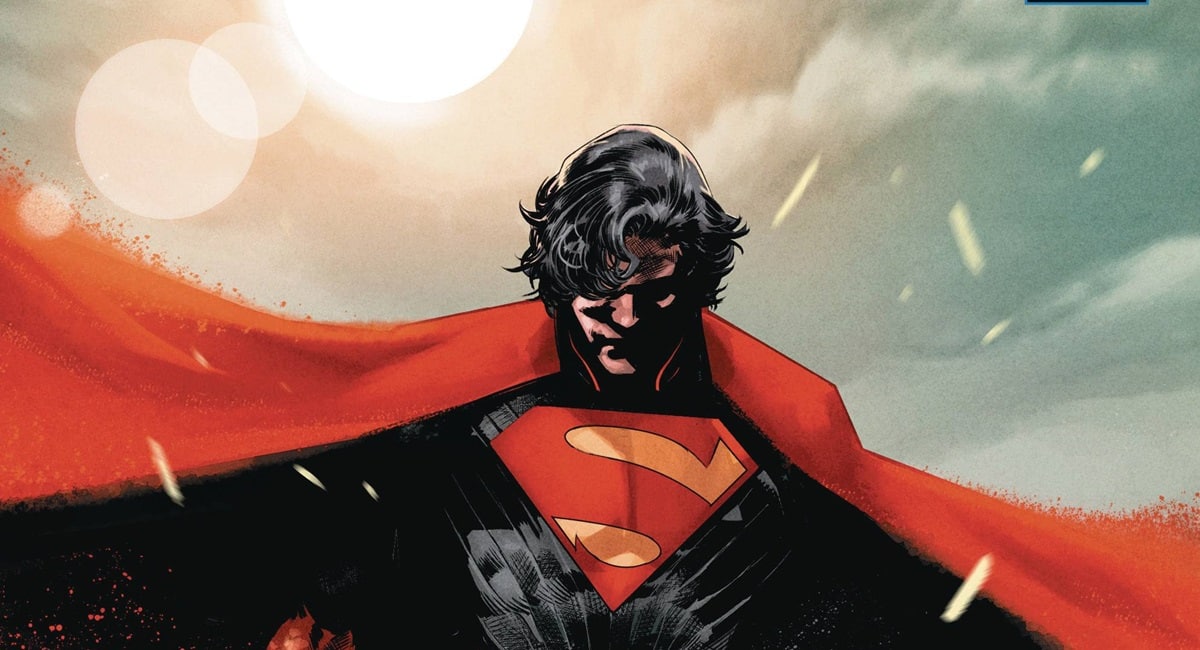
 English (US) ·
English (US) ·